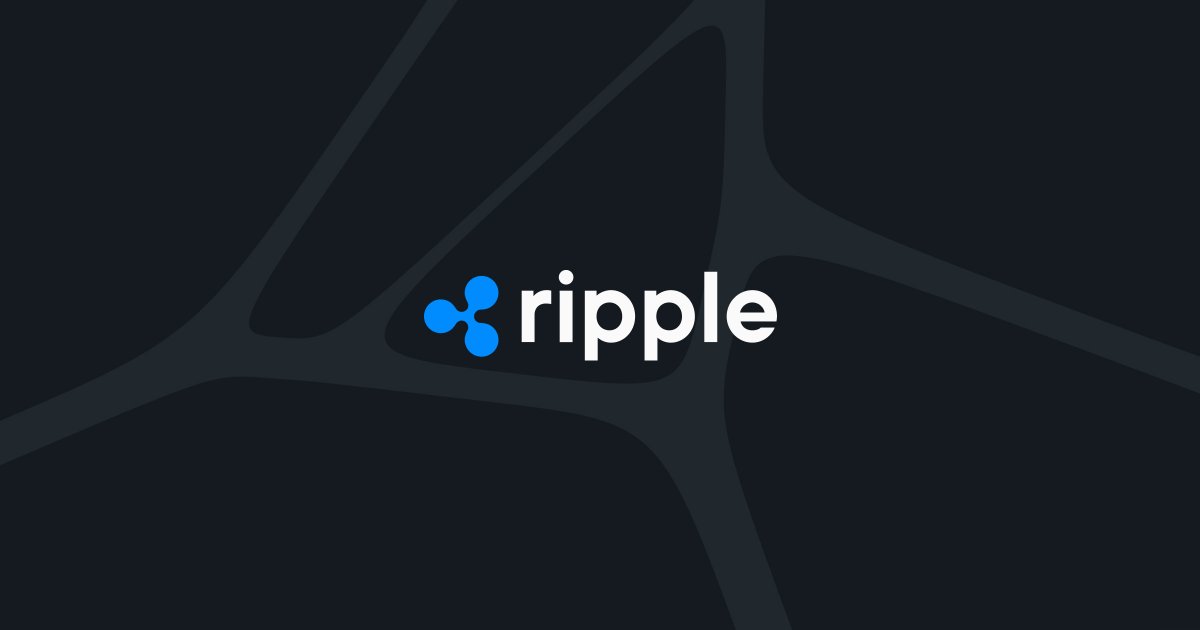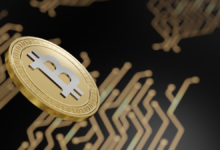
Ripple has agreed to acquire stablecoin-focused payments startup Rail for $200 million, doubling down on the one corner of crypto that Washington seems willing to back.
Rail’s technology lets companies move money across borders using stablecoins like USDC and USDT—skipping traditional rails like SWIFT and settling payments in near real-time. It’s a growing niche that’s become harder to ignore. The startup, founded in 2021 and backed by Galaxy Digital, claims it now handles around 10% of all U.S. stablecoin transaction volume.
For Ripple, this deal isn’t just about tech. It’s about timing.
The acquisition lands just weeks after the U.S. House passed the Clarity for Payment Stablecoins Act, a rare bipartisan win in a space where regulation has mostly meant roadblocks. The new law provides guardrails for dollar-pegged tokens and opens the door for firms like Ripple to scale without regulatory whiplash.
Monica Long, Ripple’s president, called the Rail acquisition a “strategic play” to expand the company’s stablecoin capabilities. “With Rail’s infrastructure and our compliance-first DNA, we’re ready to go where the market is clearly headed,” she said in a statement.
It’s a notable pivot. Ripple, best known for its XRP token and legal battles with the U.S. Securities and Exchange Commission, has lately been shifting its pitch. The company has made peace with the idea that mass adoption won’t come through speculation—it’ll come through real-world use.
Stablecoins fit that vision. Unlike volatile cryptocurrencies, they’re pegged to fiat currencies and increasingly used in practical contexts: payroll, treasury management, remittances. Rail’s API-based tools make those kinds of transactions easier for banks, fintechs, and enterprise clients alike.
The deal also bolsters Ripple’s plans to launch its own U.S. dollar-backed stablecoin later this year, a move that will now come with a built-in distribution and settlement network.
Industry watchers see the acquisition as a sign of consolidation in the blockchain payments space. After years of hype, the crypto market is undergoing a culling. The companies that remain are the ones leaning into infrastructure, compliance, and utility.
For Rail, the acquisition brings both capital and clout. CEO Jake Marsh said joining Ripple gives the team “global reach and regulatory support at a level we couldn’t achieve alone.”
Ripple has been on a buying spree. Its last major deal was custody firm Metaco, snapped up for $250 million in 2023. But this Rail acquisition is different. It’s not about storing digital assets—it’s about moving them in a way that speaks the language of finance departments, not Telegram groups.
With the ink barely dry on the stablecoin bill, the timing is hard to miss. Ripple is betting that payments—not trading—will be where crypto finds its second wind. And for the first time in a long while, Washington might be on board.
Go to TECHTRENDSKE.co.ke for more tech and business news from the African continent.
Follow us on WhatsApp, Telegram, Twitter, and Facebook, or subscribe to our weekly newsletter to ensure you don’t miss out on any future updates. Send tips to editorial@techtrendsmedia.co.ke



